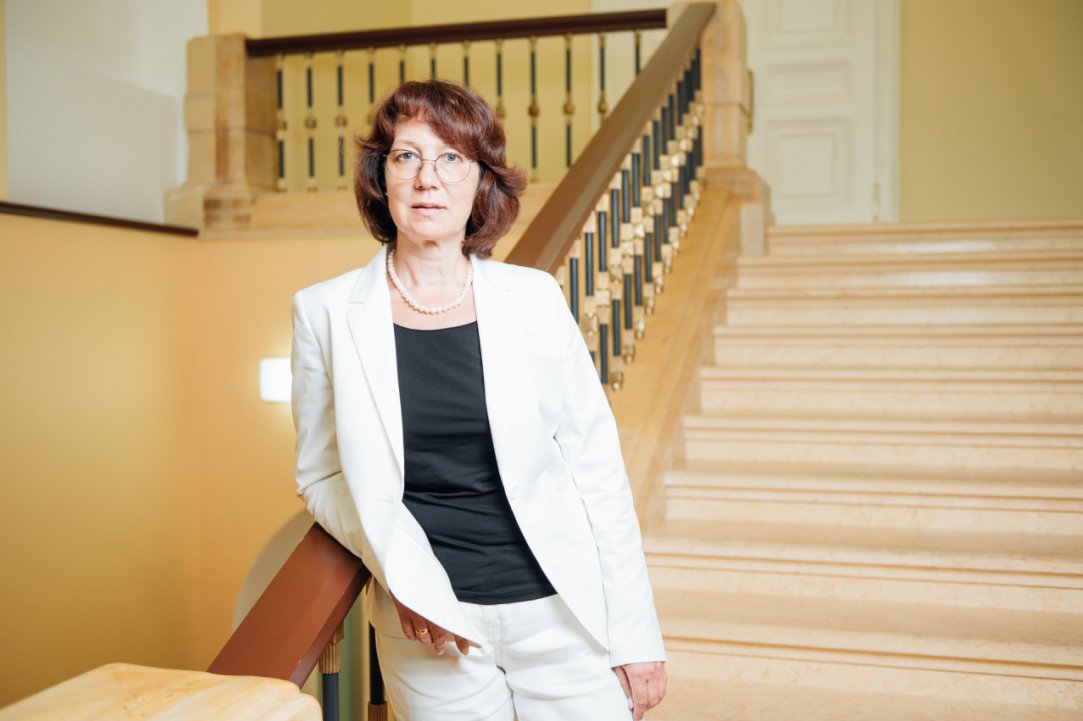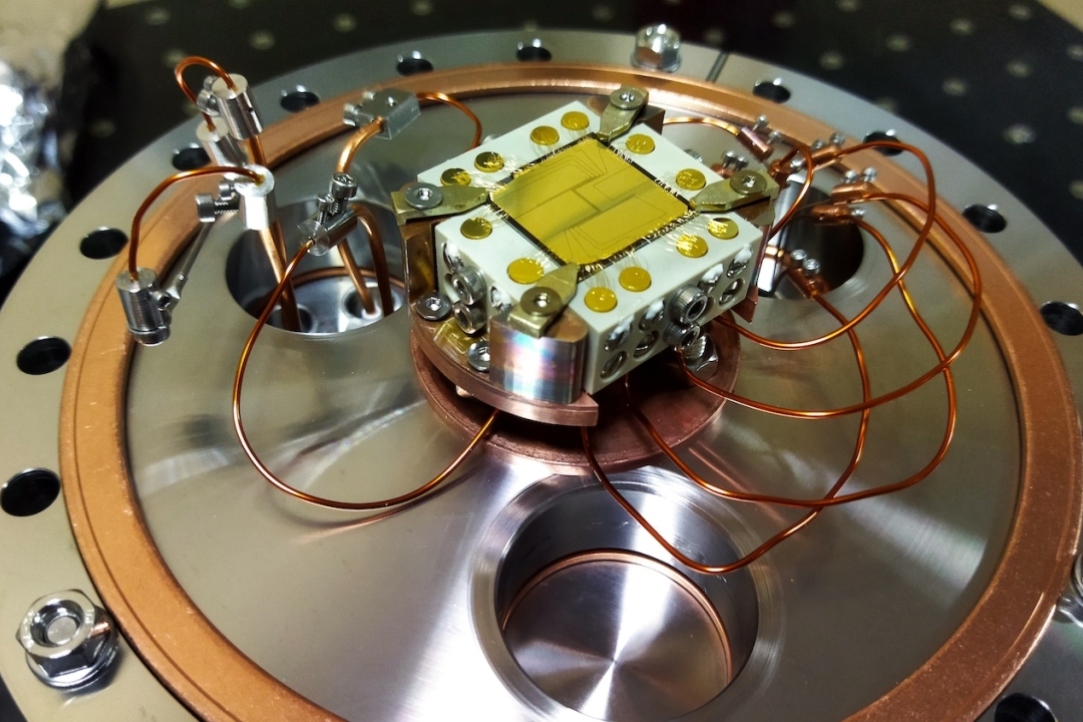
Majority of Russian IT Specialists Do Not Plan to Relocate
Despite sanctions pressure and the departure of numerous international companies, Russian IT workers take an optimistic view of the development prospects of the domestic IT industry.
‘If We Aren’t Immersed in Research from a Young Age, It Is Harder to Catch Up’
On February 1, the HSE Cultural Centre hosted an award ceremony for the winners and laureates of the 2022 Student Research Paper Competition. Participants included students and graduates of HSE University and other universities. The ceremony closed with a ‘Science Battles’ event.

Basic, General, and Home-based: Why Families Choose to Homeschool and What Challenges They Face in Doing So
There are many reasons why families choose to homeschool their children, from wishing to personalise their education to protecting them from bullying to strengthening the family bond. Those who decide to switch to homeschooling can face quite a few challenges, both logistical and psychological, including criticism from family members. IQ.HSE presents a few facts on homeschooling in Russia based on a paper by researchers of the HSE Institute of Education.

Referee Recommendation System Developed by HSE University and RFU Wins Award
An algorithm for selecting football referees developed by the Laboratory of Sports Studies at the HSE University Faculty of Economic Sciences and the Russian Football Union (RFU) has been named the Best IT Project in the Sports Industry by the Global CIO professional community. In order to recommend the most suitable referee for a particular match, the algorithm considers 30 parameters, including referees’ ratings, the match category, the venue, the need for rotation, etc.

'We Are Seeking to Translate Research into Policy Solutions'
Social Policy for Sustainable Development and Inclusive Economic Growth is one of HSE University's strategic projects. The project is aimed at translating scientific achievements into practical solutions for social and economic policy. HSE researchers and their partners have been actively involved in this work, and the first results have been obtained. In her interview with the HSE News Service, Vice Rector Lilia Ovcharova, Academic Supervisor of the project, spoke about what has been done so far.

HSE Scientists Simulate Rogue Waves in Standing Wave Fields
Researchers from the HSE campus in Nizhny Novgorod, together with scientists from Australia and Japan, have built a model explaining the occurrence of abnormally high waves on the sea surface. Also known as rogue waves or killer waves, they often lead to accidents in the sea. The study findings are published in Physical Review Letters. The paper was selected as the Editor's Suggestion for its significance, novelty, and wide application. The research was financed by a megagrant from the Russian government as part of the 'Science and Universities' National Project and a grant from the Russian Foundation for Basic Research (RFBR).

Unprecedented Cyber Attacks: Information Security Comes First for the State and Business
Changes related to the pandemic and the sanctions regime have led to the restructuring of the Russian information industry and changes in the policy strategy of its participants. What are the main risks and how best to cope with these new challenges? These issues were discussed during the ‘Digital Transformation of Business in the New Post-crisis Reality’ master class, organized by HSE Department of the Theory and Practice of Business-Government Interaction.
.jpg)
Khanty Dialects Differ More Than Slavic Languages
Idalia Fedotova, researcher at HSE University and the RAS Ivannikov Institute for System Programming, examined lexical differences across Khanty dialects and found that members of this relatively small ethnic group speak three distinct languages—rather than two, as previously thought. The findings are published in Ural-Altaic Studies.

First Cold Atom Chip Presented in Russia
A team of scientists from HSE University, the RAS Institute of Spectroscopy, and Moscow Institute of Physics and Technology have developed a cold atom chip for devices with high accuracy of measurements. The researchers are currently working to create atomic clocks which could be used on spacecraft and the ISS. The paper has been published in Optics & Laser Technology.

System to Automatically Identify Causes of Cryptogenic Stroke Under Development at HSE University-Perm
As a result of the 2023 Teacher-Student Team Research Project competition, the project ‘The Development of Automated Approaches to Identify the Aetiology of Cryptogenic Stroke with the Aim of Preventing Secondary Acute Cerebrovascular Accident’ has been created with funding from the HSE Academic Fund Programme. The project is led by Sofya Kulikova, Senior Research Fellow of the Laboratory of Interdisciplinary Empirical Studies (LINES).

